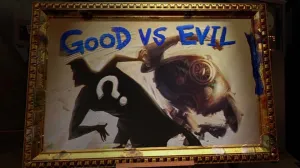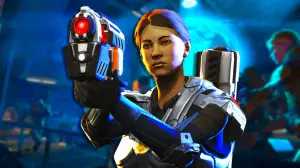Dungeons & Dragons is one of the best cooperative games around. This TTRPG requires an unspoken contract between the dungeon master and the players, and this is typically not a problem. However, there are certain players who tend to make this difficult and are often referred to as problem players. These come in various forms, but regardless of how they create problems, it is disruptive to gameplay and the narrative.
Videos by ComicBook.com
Problem players can often be spoken to, and the situation can be resolved. However, a DM should always be prepared to remove a player from the table if a solution cannot be reached. Talking to players is always the best bet, but sometimes that will not be enough. That said, here are the worst players to have in your Dungeons & Dragons game.
1) Protagonist Player
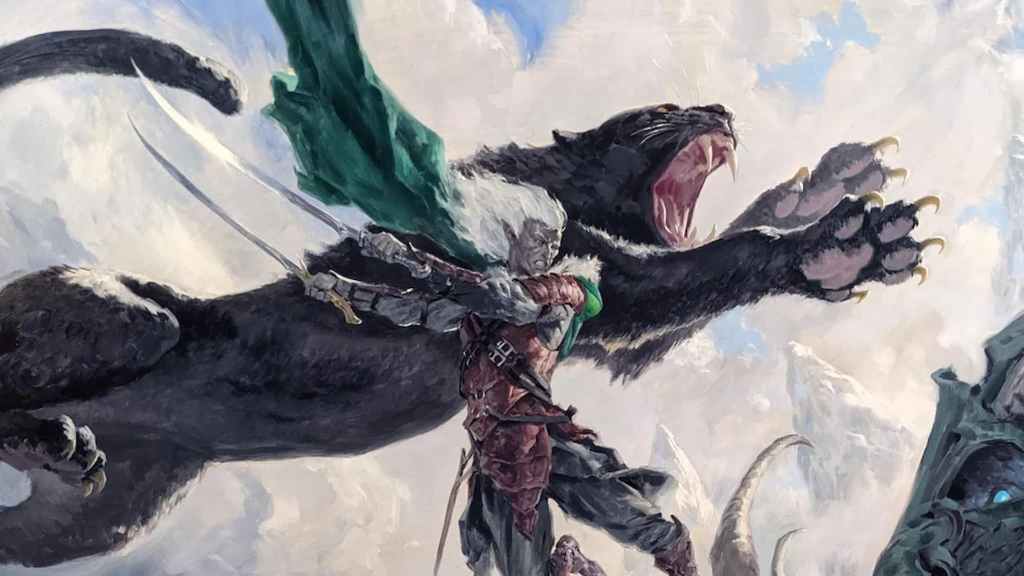
Protagonist Players are one of the worst you can have at your table. They are also called spotlight hogs because they always want the action centered on them. This could mean forcibly putting themselves into situations, even if it’s another character’s pivotal moment tied to their backstory, or causing a scene to shift focus to themselves. These players suck the fun out of Dungeons & Dragons for all other players at the table and can derail campaigns quickly.
When dealing with this kind of player, sometimes the only option is to boot them from your table. However, unless there are extenuating circumstances, you can likely salvage the situation, especially if the player in question is a friend. Have a serious discussion with them about how they are disrupting the game and taking away from the other players’ experience. Sometimes these players treat Dungeons & Dragons like a video game, and explaining the difference can often work. However, you may be forced to show them to the door in the end.
2) Meta Gamer
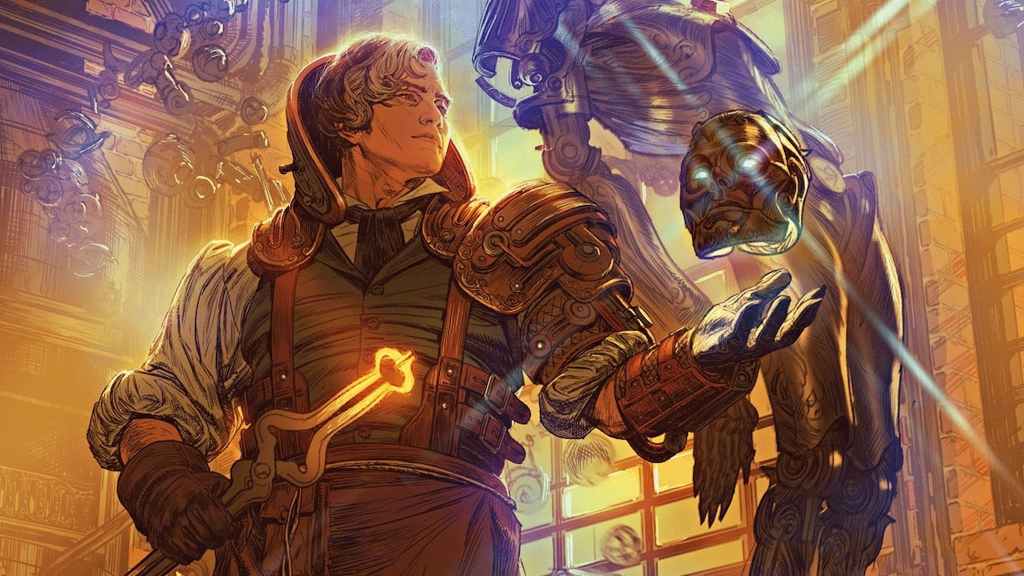
Meta Gamers can often walk a fine line, and there are different interpretations of what meta gaming means. For this context, we’ll use the example of a player using player knowledge when their character would not have this knowledge. This could be a player knowing a troll is weak to fire and using this knowledge despite their character not knowing this. Doing this breaks immersion and prevents discovery through play.
The other type of Meta Gamer that is a problem is those who look up information about modules and monsters to their advantage. This can be someone reading the module being played or researching a monster’s stat block during combat. Again, this breaks immersion and takes the fun out of the game. Meta Gamers are best handled quickly and can be done in-game. If a player uses out-of-game knowledge or researches something they shouldn’t know, the DM can make changes in the moment and then speak to the player later about refraining from doing this in the future.
3) Rules Lawyer

Rules Lawyers often get a bad reputation, and often it is earned. There are typically two types of Rules Lawyer players. The ones that people hate are those who make corrections out of a need to be right or superior. For example, a DM may change a monster by adding a unique twist that makes it play differently. At this point, a Rules Lawyer would try to correct them by telling them that is not how that monster works. These players are obsessed with the rules as written and can be a pain to deal with. Letting them know, as the DM, that you are entitled to make changes is crucial to setting expectations.
The other type is more helpful. This is the type of Rules Lawyer who lets you know as the DM if you forgot to do something. This could be a lair action for a boss or if a monster has a resistance. Likewise, they are strict with themselves and other players, keeping them in line with abilities and rules. While it can be annoying sometimes, the player intends to be helpful. If this player becomes a problem, the DM can have a similar conversation to let them know not every encounter will be exactly as it is in the rules.
4) Last Minute Canceller

Look, things come up, and most people can understand having to cancel a session at the last minute. However, if this becomes a habit and you are missing more sessions than you attend, you are likely a Last Minute Canceller. This type of player waits until the last moment to cancel or even shows up late. Dungeons & Dragons is a cooperative game, and aligning everyone’s schedules is not always easy. By cancelling at the last minute, being a no-show, or routinely showing up late, you are disrespecting your DM and fellow players.
This behavior can easily be prevented. Letting players know in advance if you cannot make it is a simple text or Discord message. If you do have to cancel at the last moment, ensure you inform everyone and try to prevent it from happening again. Show up on time for a session, whether this is in person or online. If a DM is dealing with a Last Minute Canceller or no-show player, sometimes the only option is to remove them from the game to preserve the fun and experience for the rest of the table.
5) Phone Addict
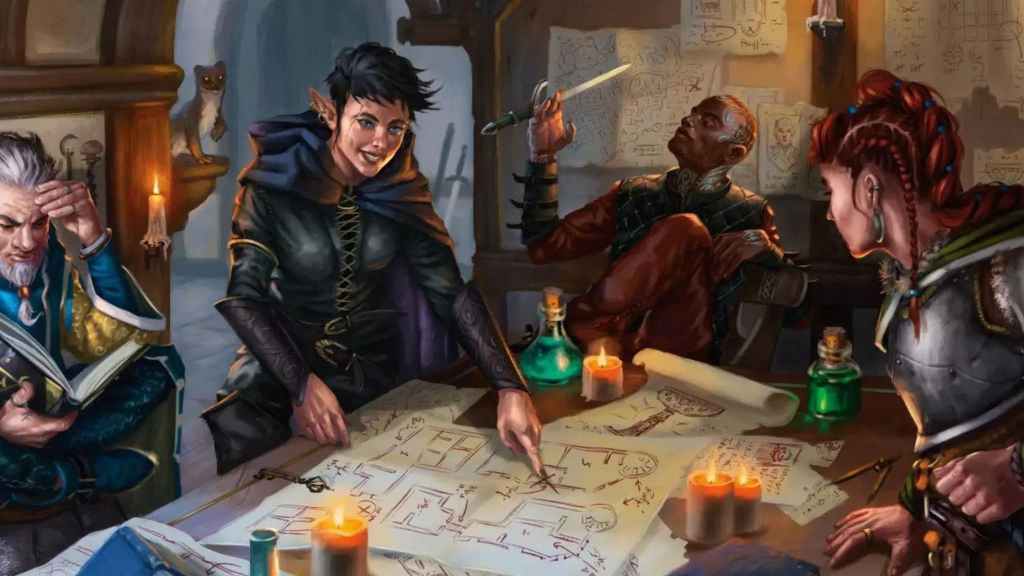
There will always be moments of downtime in Dungeons & Dragons, and it can be understandable to pull out your phone for a quick message or scroll. But players who stay on their phones constantly during play are distracting and disruptive to the game. These players often don’t pay attention during roleplay and miss vital information. During combat, they may take their turn and then jump on their phone and not realize what is happening when it comes back around to their turn. If your phone is more important than the game, it may be time to ask yourself why you are even playing.
There is no easy way to handle this situation. You can’t really set phone rules, as some players use their phones for character sheet management and dice rolling. There are also times when emergencies arise and player needs their phone. Instead, the DM and other players should encourage all players to participate and actively pay attention. This will ensure a smoother experience and better investment.
6) Lone Wolf
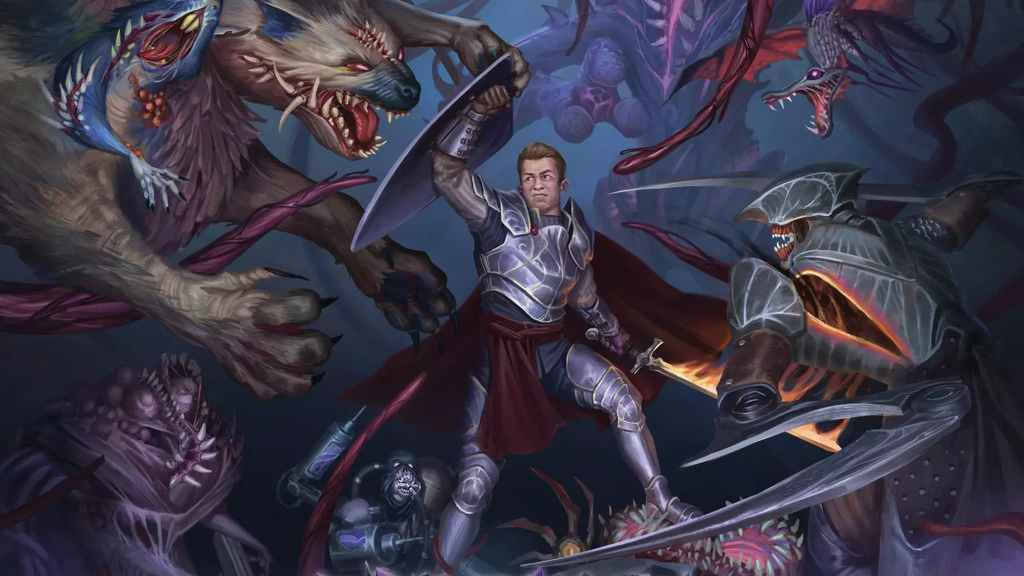
Lone Wolf characters are tricky. It can be done successfully, but it takes a good player and DM to make it work. Dungeons & Dragons is a cooperative game where a party of adventurers works together. If you have a player who doesn’t work well with others or constantly goes off on their own, you are effectively forcing the DM to run two games at once. It begs the question of why you are bothering to participate in a group activity if you just want to go off and play by yourself.
That said, there are times when characters shouldn’t be afraid to go off on their own. Rogues doing a scout mission or a charismatic character trying to persuade someone solo are perfect examples. However, these shouldn’t go on for extended periods of time to the point where other players are just sitting around for the bulk of the session. Peppering in these lone moments can appease players whose characters fit this archetype while not taking away from the main group.







